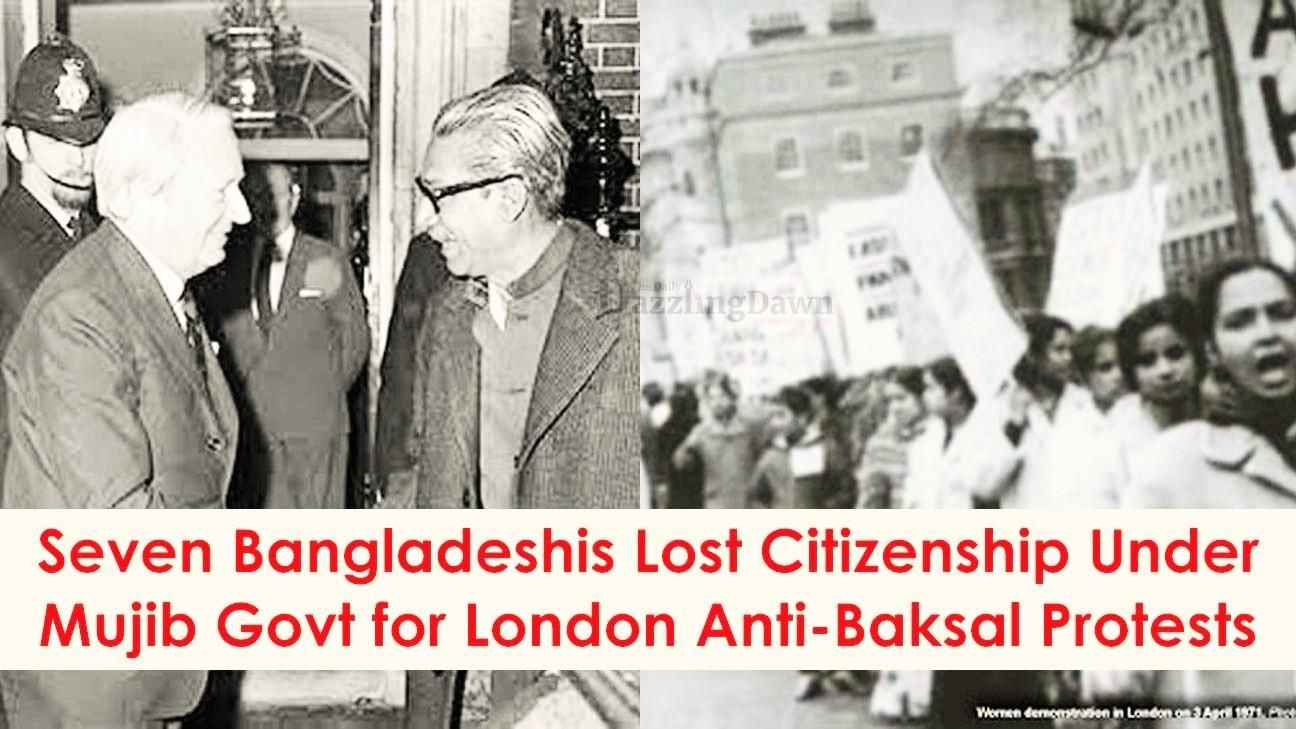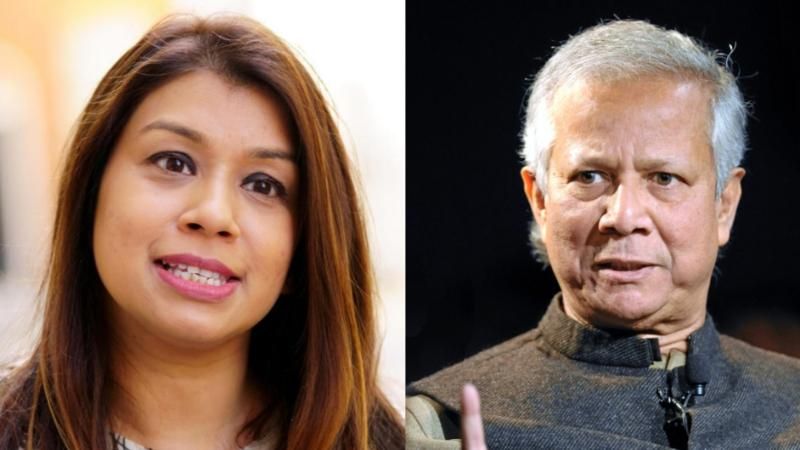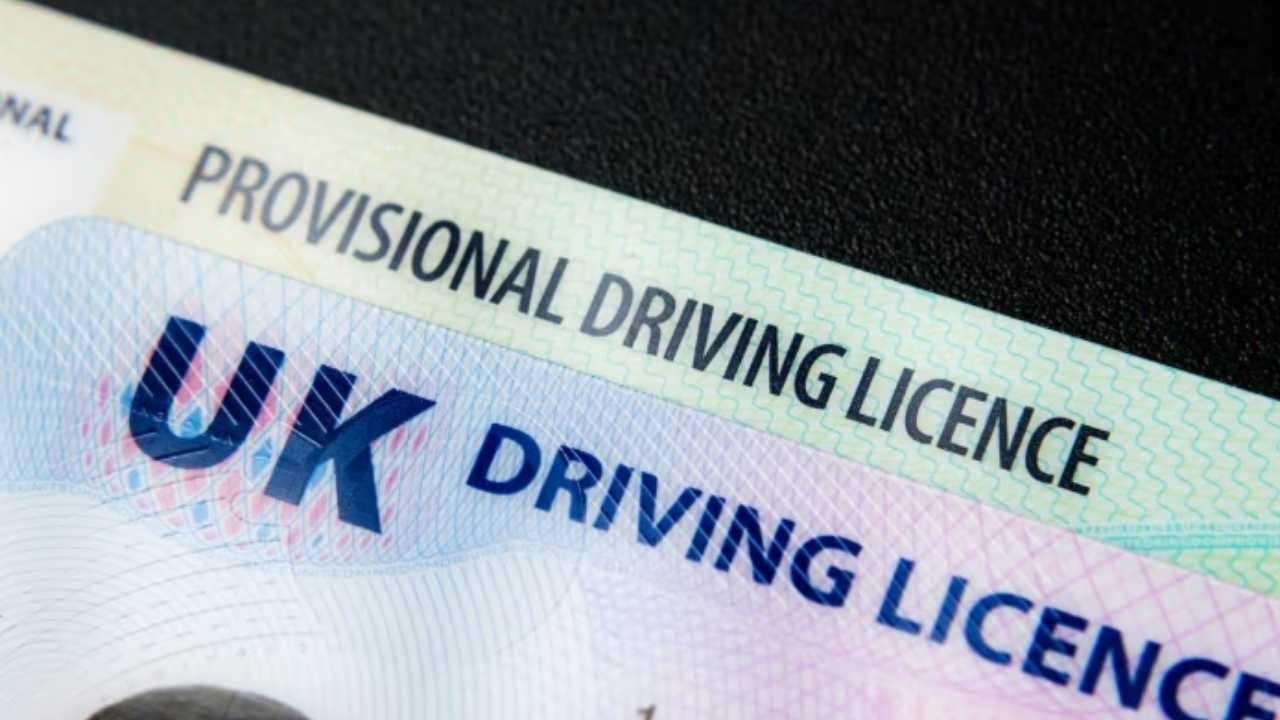Long-standing aspects of Muslim life in the UK – halal meat and the burka – are once again at the forefront of public debate. These issues are sparking fresh controversy and raising significant concerns across the diverse British Muslim community. While these practices have been known to British society for centuries, their sudden re-emergence as "issues" suggests a deeper, politically charged agenda is at play, Daily Dazzling Dawn realized.
Halal Meat: The Stun vs. Non-Stun Divide
The most prominent discussion around halal meat centers on the practice of non-stun slaughter. On tomorrow June 9, 2025, the House of Commons is set to debate a parliamentary e-petition, which has garnered over 100,000 signatures, calling for a complete ban on non-stun slaughter in the UK.
Current UK law generally requires animals to be stunned before slaughter. However, it provides an exemption for religious rites, specifically for Muslim (halal) and Jewish (shechita) communities. Animal welfare advocates argue that non-stun slaughter is inhumane, causing unnecessary pain. This stance is bolstered by an EU Court of Human Rights ruling which indicated such a ban would not infringe upon religious rights.
It's important to understand that the majority of halal meat in the UK, an estimated 88% of halal chicken and most other halal meats, comes from animals stunned prior to slaughter using methods deemed permissible within halal guidelines. Traditional Jewish shechita, however, strictly prohibits stunning. The UK government, while preferring all animals to be stunned, respects the religious freedom of Jews and Muslims to consume meat prepared according to their beliefs. They also champion industry-led initiatives like the 'Demonstration of Life Protocol' to maintain welfare standards.
There are growing calls for mandatory and clear labelling of meat products to indicate the method of slaughter (stunned or non-stunned), empowering consumers to make informed choices. Additionally, concerns about fraud within the broader halal food industry persist. There have been instances of meat falsely marketed as halal despite not adhering to Islamic guidelines, as seen in a recent Cardiff case where a food wholesaler was found guilty of selling fake halal chicken.
The Burka: A Veil of Contention
The debate over the burka and other face coverings has recently resurfaced, largely propelled by the Reform UK party. Newly elected MPs from the party have publicly advocated for a ban on the burka and niqab in public spaces, citing concerns for public safety and alignment with policies in some European nations like France and Denmark. This push caused internal friction within Reform UK, leading to the resignation of its chairman, Zia Yusuf, who initially deemed the proposal "dumb" and not official party policy. Although he has returned to the party and the Conservative Party leader has also supported banning the burka in the workplace.Prominent figures like Nigel Farage and Lee Anderson continue to support a debate on public face coverings.
Conversely, the current Labour leadership, through Sir Keir Starmer, has indicated no support for such a ban, emphasizing religious freedom and individual choice. Opponents of a ban underscore the right of women to choose their attire, labelling such calls as Islamophobic and discriminatory. It's also often highlighted that many Islamic scholars do not consider face-veiling a mandatory requirement of the Quran. Currently, there is no blanket ban on face coverings in UK public spaces, though specific institutions can require removal for identification purposes, typically in private and by staff of the same gender.
Why Now? Unpacking the Resurgence of "Non-Issues"
The sudden elevation of these long-standing practices from accepted facets of British Muslim life to contentious national "issues" is a source of deep concern for the UK's Muslim community. These are not new phenomena; halal meat consumption and the presence of the burka have been part of the British landscape for hundreds of years, generally without significant societal disturbance.
Several factors appear to be driving this resurgence. It coincides with the rise of parties like Reform UK, who actively seek to capitalise on cultural anxieties and perceived threats to "British values." By pushing for bans or stricter regulations on practices associated with Muslim identity, they aim to appeal to a segment of the electorate. Certain media outlets also often amplify these debates, framing them in a way that can foster division and misunderstanding, contributing to a sense of a "clash of cultures." In the wake of Brexit, there's been a noticeable shift towards a stronger emphasis on national identity and a questioning of multiculturalism by some political factions. Issues like halal meat and the burka become proxies for broader debates about integration, cultural assimilation, and national cohesion.
Despite the long history of these practices in the UK, a significant portion of the public may lack a nuanced understanding of their religious significance or practical implications. Misinformation, particularly on social media, can quickly spread and fuel negative perceptions. The Halal Monitoring Committee (HMC) has specifically noted the spread of misinformation regarding non-stun slaughter, which they believe is aimed at demonizing the Muslim community. While animal welfare is a genuine concern for many, the debate around non-stun slaughter can sometimes be used as a convenient entry point to discuss broader issues of religious practice, particularly when focused disproportionately on halal and kosher methods rather than the welfare standards of the entire meat industry.
Concerns of British Muslim Communities: A Diverse Landscape
The Muslim population in the UK is significant and growing, representing a rich tapestry of ethnic backgrounds. According to the 2021 Census, there are just under 4 million Muslims in the United Kingdom, representing 6.0% of the total population. This marks a substantial increase from 1.6 million in 2001, making Muslims the fastest-growing minority group. Over half (51%) of the Muslim population is now UK-born, and a vast majority (75%) identify solely as British. For over 90% of Muslims, English is their main language or is spoken fluently.
Within this diverse demographic, the concerns over halal meat and the burka resonate deeply across various British Muslim ethnic groups, including those of British Bangladeshi, British Pakistani, British Indian, British South Asian (a broader category encompassing many of these groups), British Sri Lankan, British Nepali, and African (BAME) Muslim backgrounds.
For British Bangladeshis, Pakistanis, and Indians, who constitute a large proportion of the UK's Muslim population, the debates often feel like an attack on their cultural and religious heritage. Many of these communities have roots stretching back generations in the UK, yet they often face renewed scrutiny over practices that their grandparents' generations observed without controversy. The insistence on specific preparation methods for halal meat and the choice of dress for women are fundamental aspects of their faith and identity. Any perceived threat to these practices can feel like a direct challenge to their right to practice their religion freely in the UK.
Among British Sri Lankan and Nepali Muslims, who may be smaller in number but are equally committed to their faith, these discussions also cause anxiety. They too uphold halal dietary laws and, while the prevalence of the burka may vary by individual and regional custom, the principle of religious freedom in dress remains paramount. African (BAME) Muslims, a growing and diverse group, also express similar concerns. For many, these debates perpetuate stereotypes and feed into a narrative that casts Muslim communities as "other" or incompatible with "British values," regardless of their significant contributions to UK society.
The Muslim Association of Britain (MAB) highlights the alarming rise of Islamophobia, particularly following far-right riots in the summer of 2024. This rise in prejudice directly impacts these communities. Data from various sources consistently shows that Muslims, particularly those of South Asian and African descent, often face disproportionate levels of discrimination in areas such as employment, housing, and public life. There are also concerns about the disproportionate impact of deprivation, with 39% of Muslims in England and Wales living in the most deprived areas, often in ethnically concentrated neighborhoods. This economic vulnerability can exacerbate the feeling of being targeted by divisive cultural debates.
The renewed focus on halal meat and the burka, often framed negatively, contributes to a sense of being "othered" and scrutinized for religious practices that are fundamental to their identity. For Muslims, these are not simply dietary choices or clothing preferences; they are deeply intertwined with their faith and way of life. The sensitivity surrounding these topics stems from this profound connection and the perception that their religious freedoms are being challenged or misrepresented, undermining their sense of belonging and integration in British society.
In conclusion, while halal meat and the burka are deeply rooted in the history of Muslim communities in the UK, their sudden transformation into major "issues" reflects a complex interplay of political manoeuvring, societal anxieties, and a lack of informed public discourse. The diverse British Muslim community, despite its growing presence and strong ties to the UK, remains vigilant against what it perceives as attempts to marginalise and misrepresent its faith and practices.
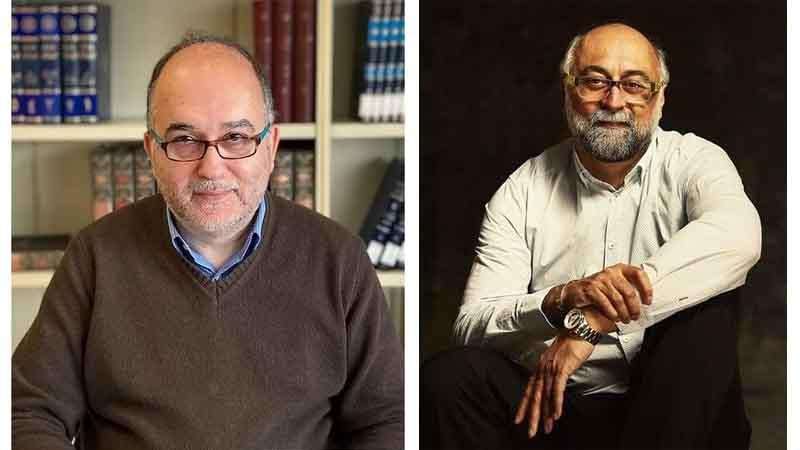

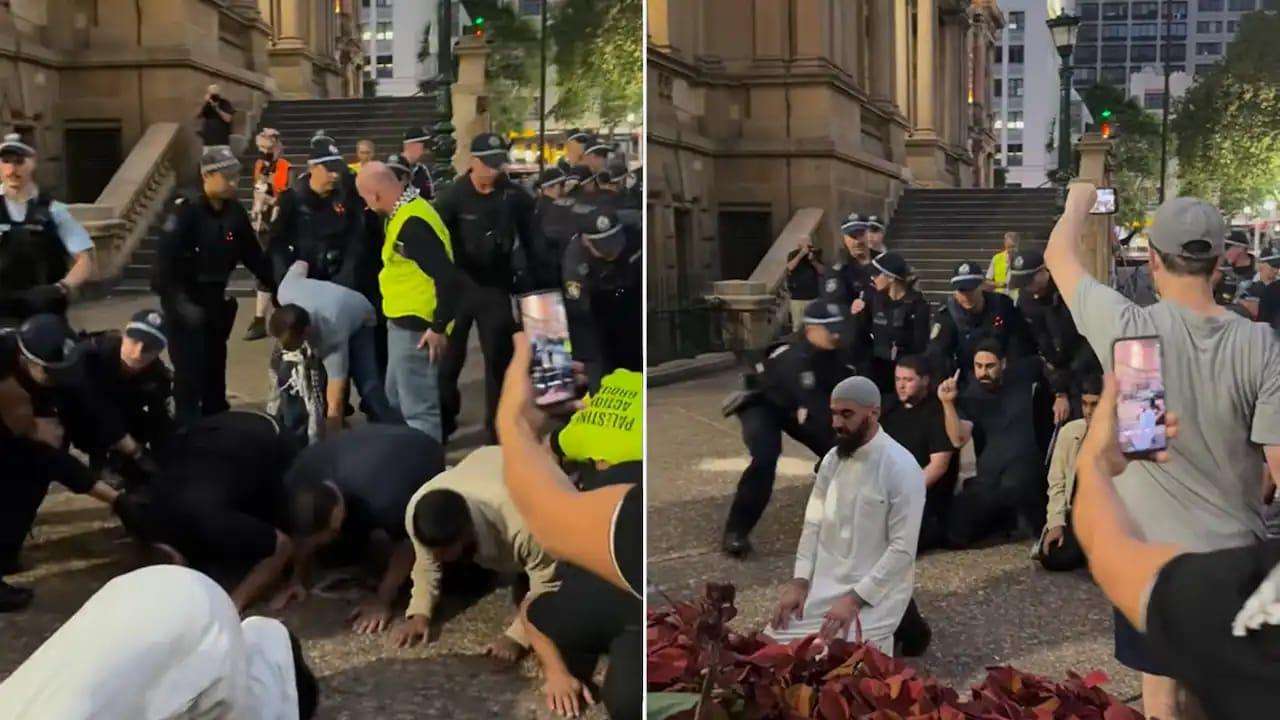
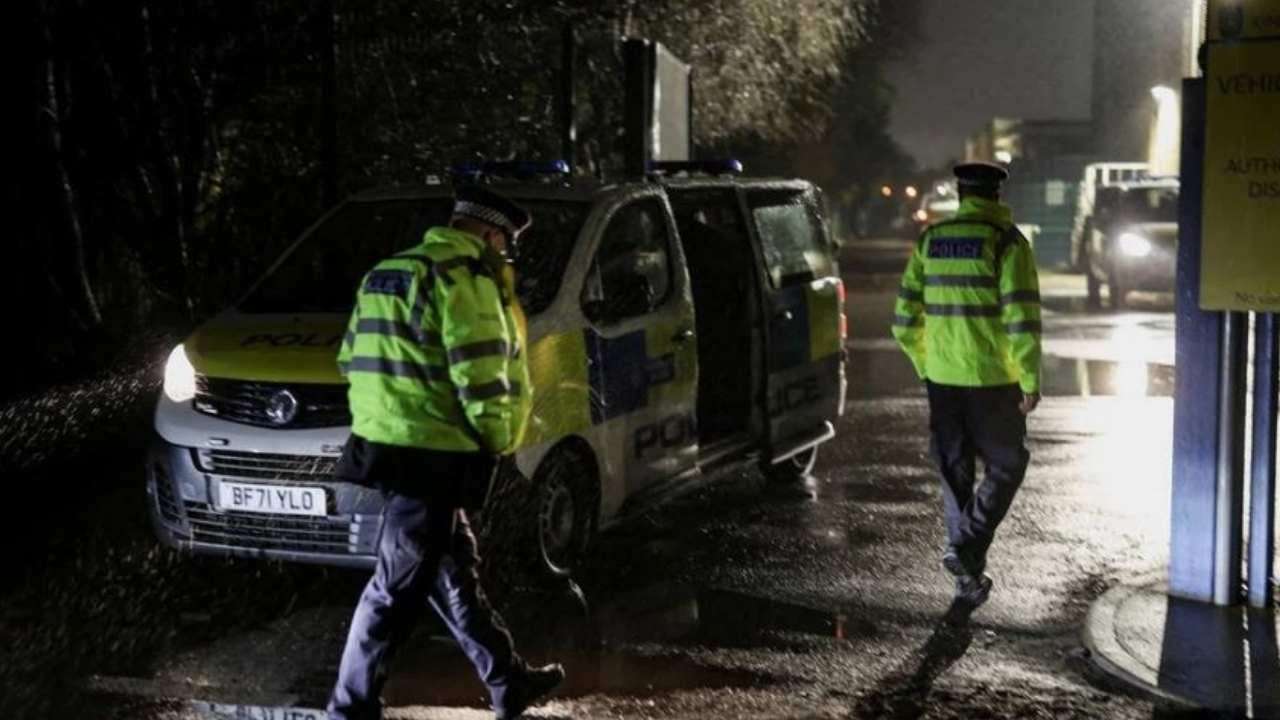



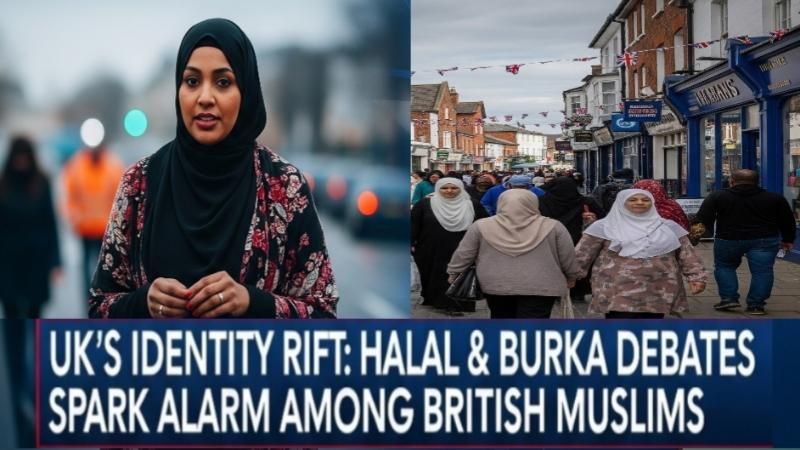
.svg)

